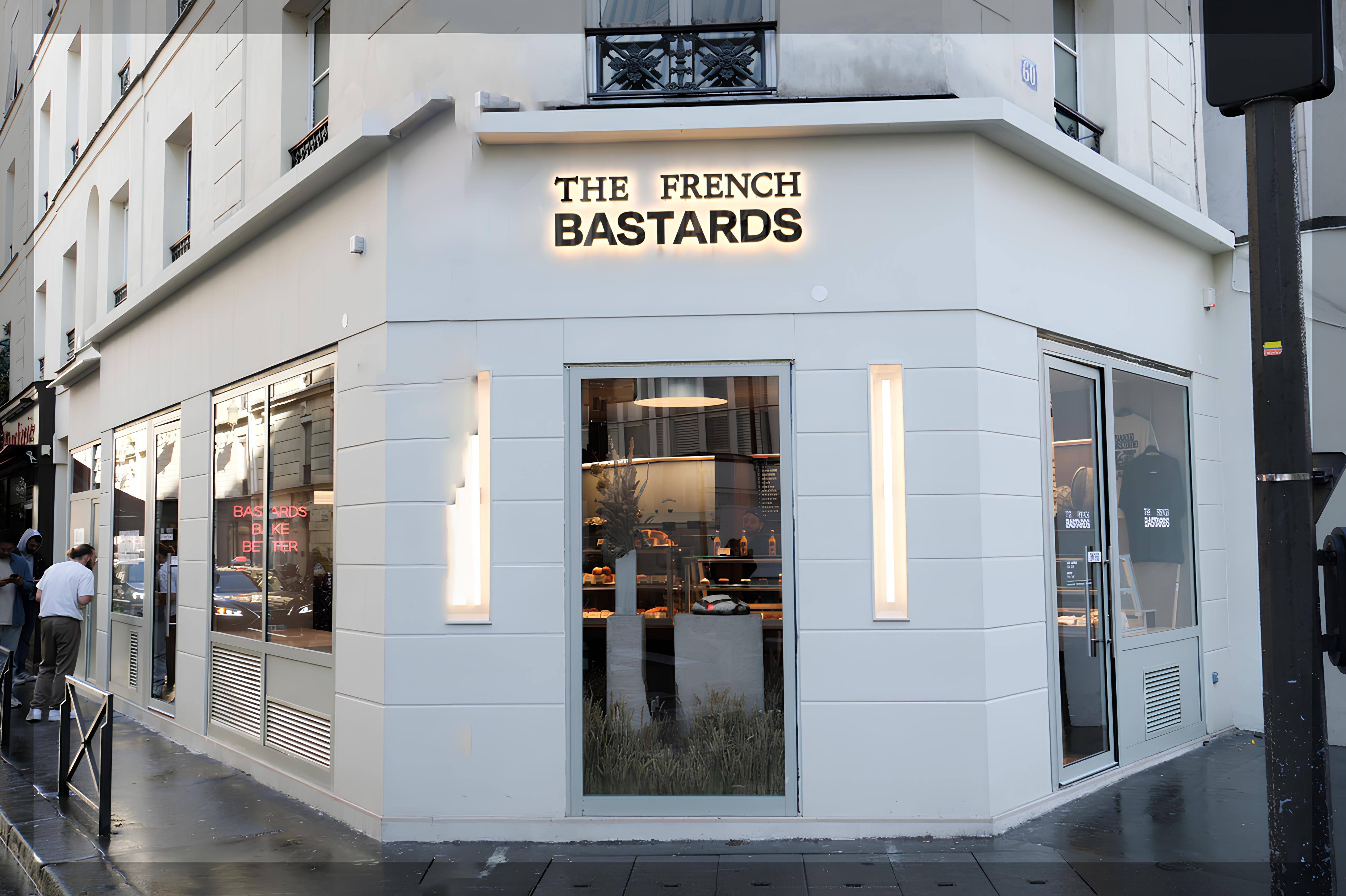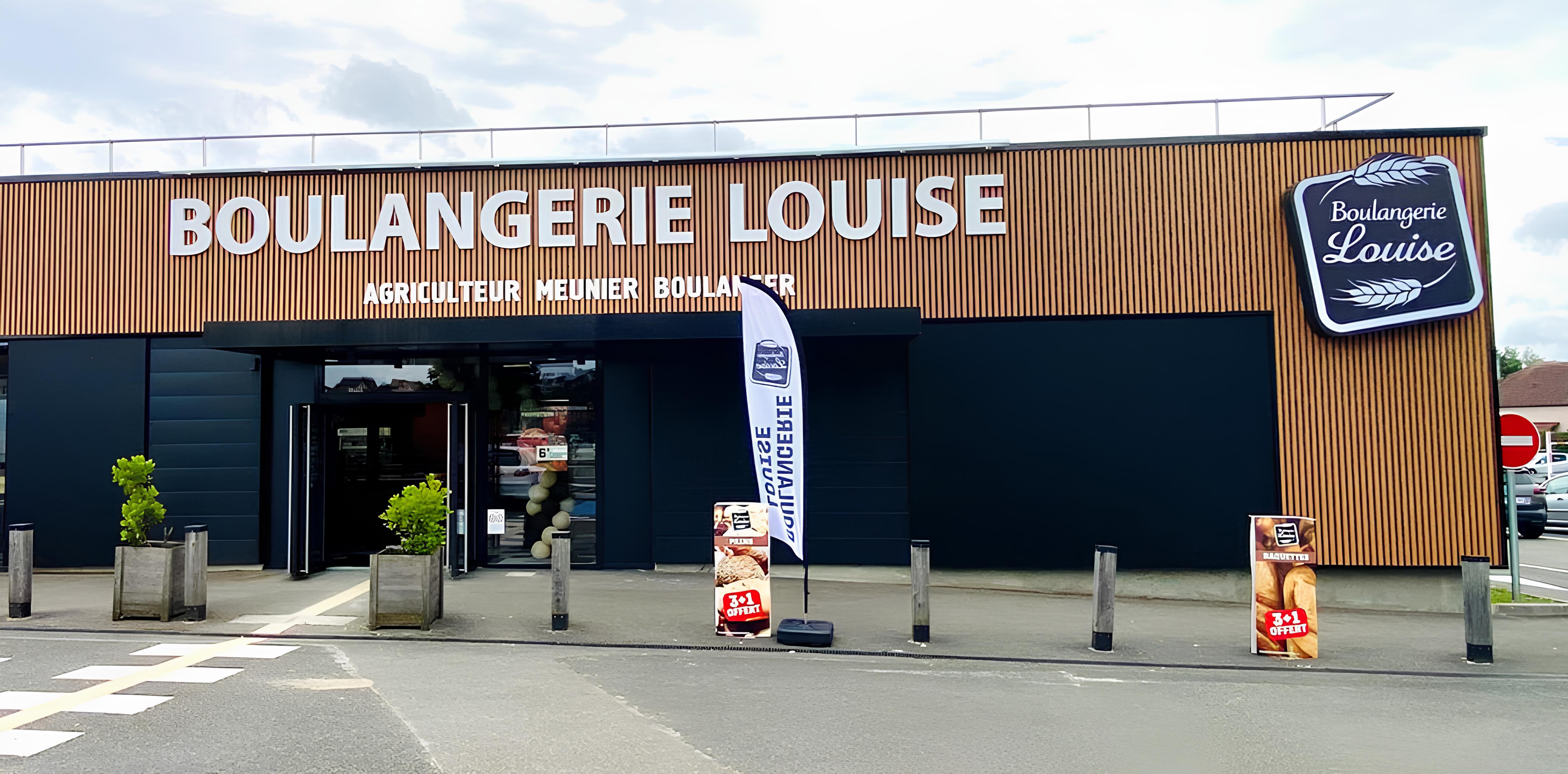Fundraising, Acquisitions… Finance Is Reshaping the World of Breads and Pastries
By Rémi Héluin
Behind the impressive figure of 30,000 bakeries in France, the market is undergoing a profound transformation, shifting toward an unprecedented logic of consolidation. While independent artisans still make up the majority, they now face competition from players with significant resources. From marketing and R&D to employee benefits, these rising contenders have major advantages—but above all, they bring a hunger and ambition that are poised to reshape the country’s beloved baked goods landscape.
A thunderclap on the Parisian bakery scene: at the end of May, Maison Kayser signed a strategic partnership with the bakery chain Chez Meunier, founded by Eric Teboul in 2014. The deal—reportedly worth several tens of millions of euros—further strengthens the influence of this emblematic industry player, pushing the group past the symbolic milestone of 100 stores, through its various brands: Maison Kayser, Midoré, Chez Meunier, and Dupont avec un thé.
This move is far from anecdotal. In recent months, several well-known names in the sector have chosen to align with solid financial partners. In the Nantes region, pastry chef Vincent Guerlais sold a majority stake in his business to the Cerea Partners fund, aiming to accelerate expansion in western France. A similar path was taken by Meilleur Ouvrier de France Arnaud Larher, whose Maison is now part of the Fauchon grocery brand— itself under the umbrella of Galapagos Gourmet (which also owns Gavottes, Traou Mad, Moulin du Pivert, and Fossier). These sweet specialists are following in the footsteps of major names like Christophe Michalak (supported by entrepreneur Didier Tabary) and Pierre Hermé, whose company is now majority-owned by Butler Industries, after previously being held by the shareholders of L’Occitane.

In 2025, the Bakery Becomes a Start-Up
The master craftsmen of modern pastry are now faced with the need to build a strong brand—complete with multiple carefully designed retail locations—in order to survive. It’s a shift that’s now reaching the bakery world, where traditional codes are rapidly evolving. Founded in 2018, the brand The French Bastards welcomed investment from the Experienced Capital fund this past spring, which acquired a 30% stake to help accelerate growth. After Paris, the bold young brand expanded to Neuilly-sur-Seine, Levallois-Perret (Hauts-de-Seine), and Lille—with Bordeaux next on the map. The company aims to fundamentally redefine industry standards, drawing hybrid inspiration from the luxury and fashion sectors.
Fundraising, investors… these were once distant concepts in the world of bread and pastries. But today, real “start-ups” are emerging in the field. The trend is also impacting more traditional players—such as Maison Bécam, founded by a classically trained baker and pastry chef. In 2022, Cécile and Nicolas Bécam raised €2.5 million from several investors, including Siparex investment fund, the Groupe La Boucherie, and Baudinvest Bertrand Baudaire. Here too, the ambitions are high: more than 50 points of sale are expected to open within three years, supported in part by a 1,300-square-meter production facility near Angers (Maine-et-Loire), representing a €3.5 million investment.
From Roundabout Bakeries to Premium Brands, the Targets Are Diversifying
To break into the world of financiers and madeleines, finance is increasingly targeting multiple segments. Take Stéphane Courbit, for example—best known for his media influence through Banijay and in online gaming with Betclic—who has invested across a range of bakery brands: a 35% stake in the Ange bakery chain acquired in fall 2023; the storied Ladurée, bought from the Holder family in 2021 (with just 20% still held by the family); and Liberté, a premium-positioned Parisian bakery brand. The case of Liberté highlights the complexity of this market—even when significant resources are at hand. Despite backing, the brand—founded in 2013 by Mickaël Benichou to merge bakery and design—was placed under receivership following rapid expansion. Its investor pulled out last year, leading to the closure of several locations and casting serious doubt over the brand’s future. It’s not the first venture to hit turbulence. When FrenchFood Capital tried to develop Thierry Marx Bakery, it faced challenges that led the fund to abandon the project in favor of another company in its portfolio: Sophie Lebreuilly, a fast-growing chain of “roundabout bakeries,” much like Ange.

In an environment where turning to outside investors seems to be becoming the norm, some continue to defend their independence. Magali Szekula and Jean-François Bandet, co-founders of BO&MIE, are among them: despite their brand growing at a rate of 50% per year, they remain committed to a long-term vision, prioritizing quality over immediate profitability. A similar mindset can be found at Feuillette, where iconic founder Jean-François Feuillette insists on staying fully in control to preserve the unique character of his business.
However, they may soon be overtaken by a broader wave of consolidation. The “networked bakery” segment is becoming increasingly competitive and subject to major pressures for rationalization. Building stronger structures with large-scale production tools may prove to be the winning strategy. That’s the logic adopted by the InVivo cooperative group, which operates from field to fork. In its portfolio: flour mills (through Moulins Soufflet), industrial pastry and viennoiserie plants (Neuhauser), and a retail bakery chain, Louise (acquired from Laurent Menissez in 2022). It’s an example that could well inspire other players and profoundly reshape the French bakery landscape.